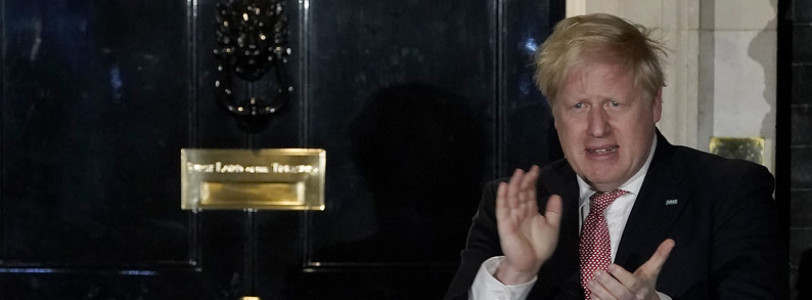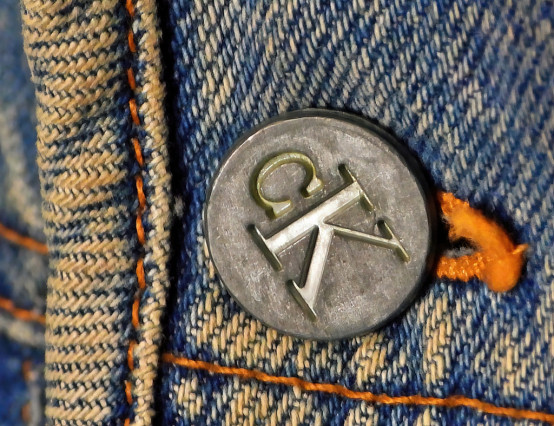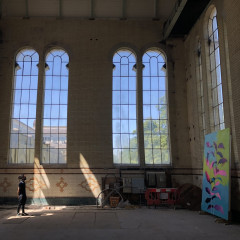A Timeline Of Events
The PM is entitled to two separate wages both as Prime Minister and MP for Uxbridge & South Ruislip. The former role entitles him to a wage of £79,936 and the latter role entitles him to a wage of £81,932 – Mr Johnson is therefore entitled to a total yearly salary of £157,372. As if it was not enough to cover the cost of paint, rollers and copious amounts of tea for his decorators, he is also provided with an allowance of £30,000 every year to cover any refurbishment costs for No. 10. This does not include any external sources of income such as rent or royalties that he must also declare.
All of this is to say that the incumbent prime minister can certainly afford a few litres of paint for No. 10. Yet, in a series of leaked texts that have been exchanged between Boris Johnson and Lord Brownlow, Johnson asks for approval for more funds to finance further renovations of his flat on Downing Street, seemingly in exchange for support for a proposed cultural festival close to the heart of Lord Brownlow – ‘The Great Exhibition’.
The Electoral Commission has since investigated this incident and has fined the party a total of £17,800, for “failing to accurately report a donation” pertaining to monies equalling £52,000 from Lord Brownlow. A further investigation into the matter had been conducted at the prime minister’s request by Lord Geidt, who concluded that he acted “unwisely” but fundamentally was not in contravention of ministerial code. However, it had later transpired that he had not seen the text exchange between Johnson and Brownlow. Geidt expressed his displeasure at this fact but insists that this would not change his ultimate decision. Assuming that one accepts this verdict, and that the prime minister simply did not exercise due diligence, the charge becomes one of incompetence rather than of corruption – hardly an improvement. Surely one would find it rightfully disconcerting that a prime minister who is given money out of the blue, does not think to at least ask before accepting it.
What Does This Actually Mean?
Johnson’s conduct in this incident is significant not only because it represents a lack of transparency (any monies from a donor must be reported within twenty-eight days so as to avoid anything untoward), but because it appears that the prime minister’s favour can be bought for as relatively little as £52,000. This is not just a lack of transparency or failure of checks and balances, it is quite simply, corruption.
In a letter to Parliamentary Commissioner for Standards, Labour deputy leader Angela Rayner accused Johnson of “corroding the office of the prime minister.” Given the disengagement of groups like young voters, these repeated scandals risk reaffirming the scepticism which they rightly have of the government. Corruption is already thought to be emblematic of politics and these cases give credence to this notion. Not only does this incident reinforce the notion that politics and politicians are both inherently corrupt, but it attests to the idea that politics is reserved for the affluent in society and protecting their interests. Speaking to BBC News, Labour shadow justice secretary Steve Reed has explained that “the issue is not whether it happened, it is whether rich people can pay to get access to ministers …”. With recent news documenting sharp increases in utility bills and house prices for the young generation, the proverbial passing around of unmarked brown envelopes of cash only fuels further disillusionment. At a time when the party is losing some of their historically safest seats, such as within North Shropshire, one cannot help but wonder if other parties will capitalise and use this to pose a virulent challenge to the Conservatives come the next general election.
The Electoral Commission’s paltry fine is hardly enough to hold them accountable. In years gone by this certainly would have been grounds for resignation or even a vote of no confidence, yet now it appears that despite public outcry, the prime minister gets away with a mere ‘slap on the wrist’. Voters understandably feel frustrated, apathetic and disillusioned and this captures the mood of a nation, but this emotion will all be wasted if this is not taken to the polling centres come general election time. The rise of unconventional forms of political participation are great and especially for the younger voters, but not at the expense of conventional voting, which is where one can hold the government accountable. The repeated aforementioned scandals are endemic of not just a crisis of accountability for the Tories, but what some political commentators are observing through trends as being a ‘crisis of democracy’. One can only hope that a more thorough investigation is conducted of this flat refurbishment scandal, but also that it spurs voters into action come election day.









0 Comments